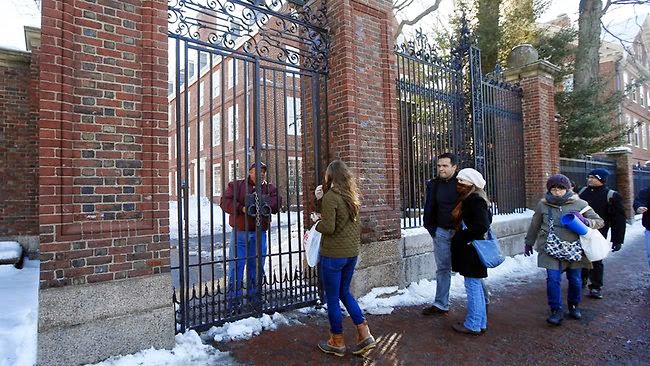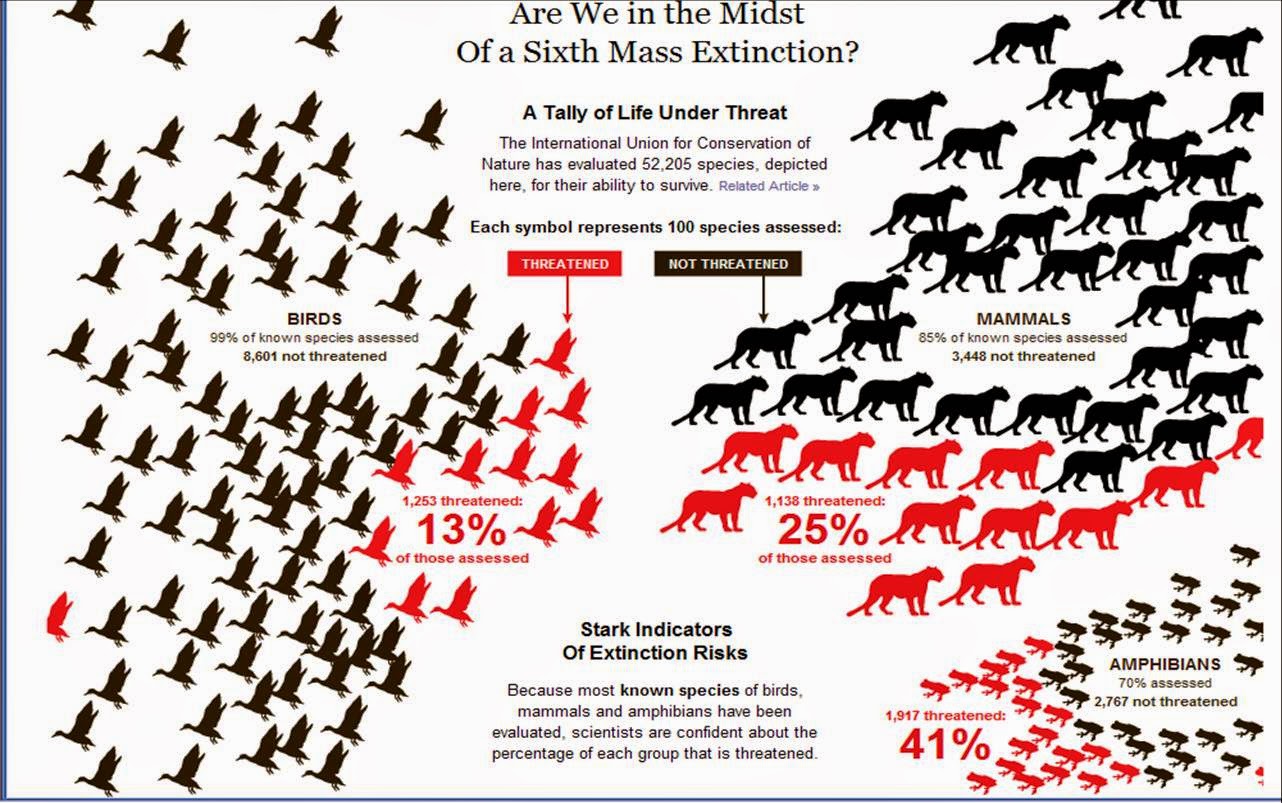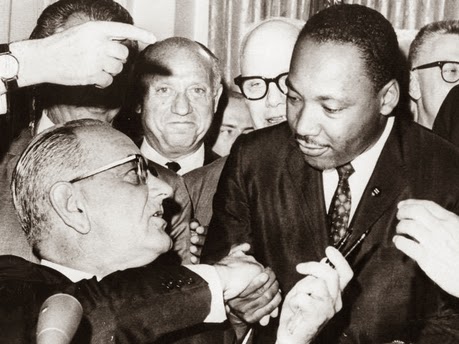Episodes
Monday May 26, 2014
How only science and kindness help people with addiction
Monday May 26, 2014
Monday May 26, 2014
 Ever since the war on drugs became a political and cultural issues in America, we have seemed to be unclear as to how to deal with the very human reality of dealing with those afflicted by addiction.
Ever since the war on drugs became a political and cultural issues in America, we have seemed to be unclear as to how to deal with the very human reality of dealing with those afflicted by addiction.Monday May 26, 2014
The Sabotaging of the American Dream
Monday May 26, 2014
Monday May 26, 2014
Monday May 26, 2014
How innovation keeps proving the catastrophists wrong!
Monday May 26, 2014
Monday May 26, 2014
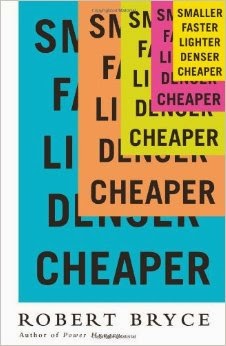 Throughout time there have always been those trying to stop the forces of progress. Fear of the new and fear of technology, has been the stuff of both horror and science fiction and of many dystopian visions of the future.
Throughout time there have always been those trying to stop the forces of progress. Fear of the new and fear of technology, has been the stuff of both horror and science fiction and of many dystopian visions of the future.Monday May 26, 2014
The War Through Afghan Eyes
Monday May 26, 2014
Monday May 26, 2014
 The war on terror, that began on 9/11/2001 still goes on. The war in Afghanistan that began shortly after, that was once dubbed “the good war,” is America's longest war. Sadly the landscape of that nation today, does not reflect the either the lives or treasure that Americans gave to it.
The war on terror, that began on 9/11/2001 still goes on. The war in Afghanistan that began shortly after, that was once dubbed “the good war,” is America's longest war. Sadly the landscape of that nation today, does not reflect the either the lives or treasure that Americans gave to it. Sunday May 25, 2014
Once upon a time, protest really did make a difference
Sunday May 25, 2014
Sunday May 25, 2014
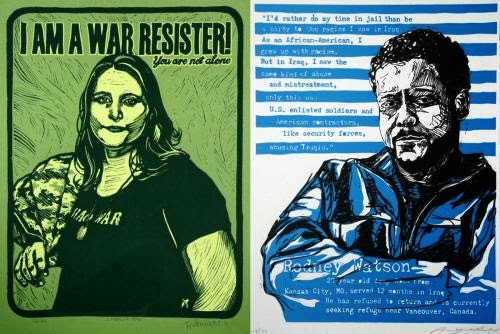 Once upon a time protest mattered. People got angry at the actions of government and actually acted upon it. While the protests of today, like Tea Party rallies and Occupy Wall Street, often call attention to a problem, arguably they are not intended to do anything about it.
Once upon a time protest mattered. People got angry at the actions of government and actually acted upon it. While the protests of today, like Tea Party rallies and Occupy Wall Street, often call attention to a problem, arguably they are not intended to do anything about it.Friday May 23, 2014
The Tolerance Trap
Friday May 23, 2014
Friday May 23, 2014
 Fifty years ago the nation passed the Civil Rights Act. Six years ago we elected an African American as President of the United States. Yet contrary to the hopes of many, we do not live in a post racial society.
Fifty years ago the nation passed the Civil Rights Act. Six years ago we elected an African American as President of the United States. Yet contrary to the hopes of many, we do not live in a post racial society. Thursday May 22, 2014
Gender Intelligence in the workplace
Thursday May 22, 2014
Thursday May 22, 2014
Thursday May 22, 2014
How the Russian Revolution is still impacting all of us today!
Thursday May 22, 2014
Thursday May 22, 2014
 Understanding history can be a two edged sword. On the one hand it is imperative that we understand the forces that have shaped nations and peoples. On the other hand, often when the present spends too much time sitting in judgment of the past, the future can be lost. So, how can we understand the shared narrative of the past, while dispelling myths and embracing a kind of proactive historical consciousness?
Understanding history can be a two edged sword. On the one hand it is imperative that we understand the forces that have shaped nations and peoples. On the other hand, often when the present spends too much time sitting in judgment of the past, the future can be lost. So, how can we understand the shared narrative of the past, while dispelling myths and embracing a kind of proactive historical consciousness? Wednesday May 21, 2014
Art and Love in the Age of Abstraction
Wednesday May 21, 2014
Wednesday May 21, 2014
Monday May 19, 2014
The Chinese vs. The American Dream
Monday May 19, 2014
Monday May 19, 2014
Sunday May 18, 2014
Creativity: The Perfect Crime
Sunday May 18, 2014
Sunday May 18, 2014
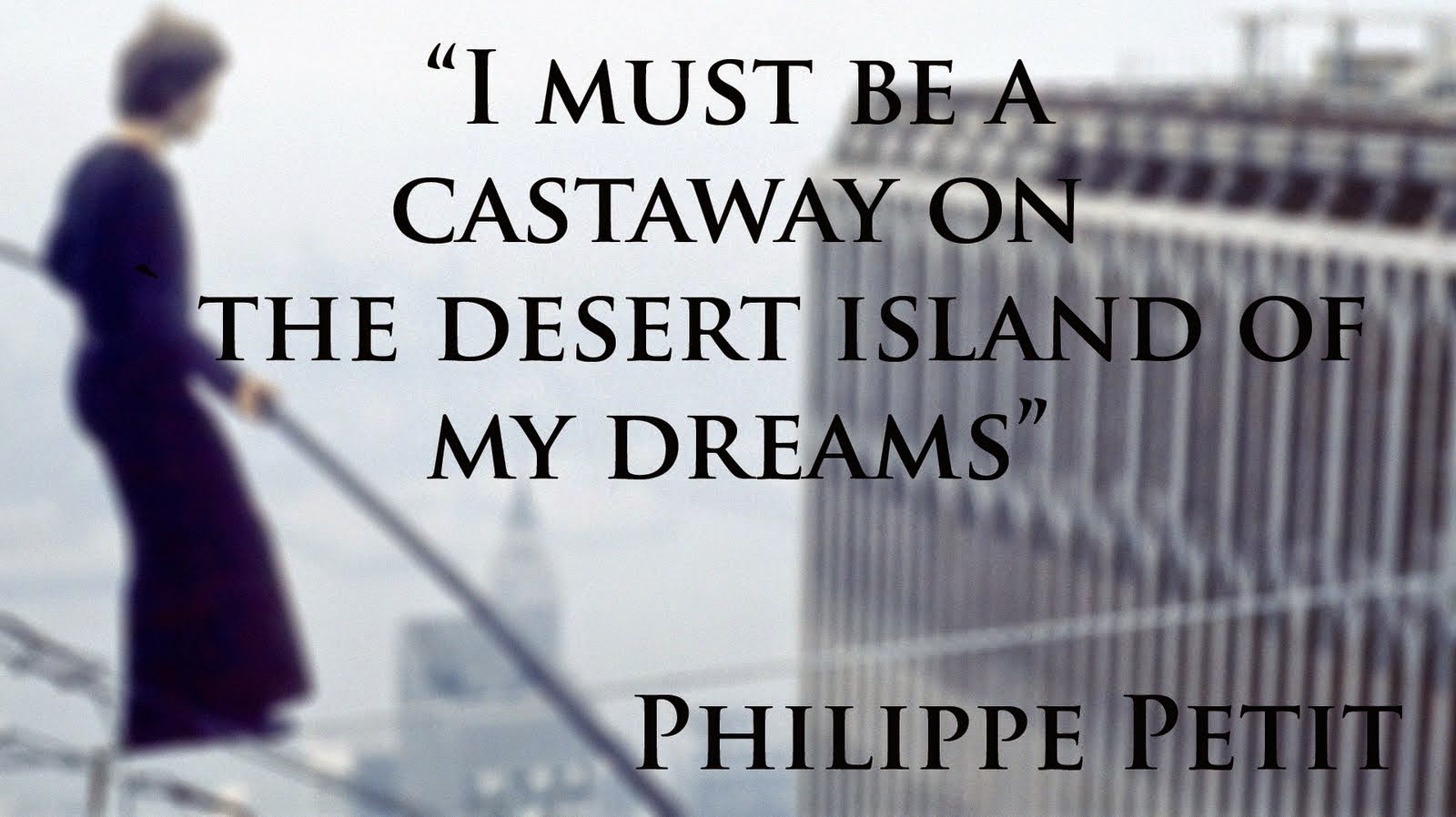 On the morning of August 7, 1974, forty years ago, Philippe Petit illegally strung a tightrope between the towers of New York's World Trade Center, then under construction. For 45 minutes, he performed a ballet in the sky, as he moved back and forth across the wire. He was more than 1300 feet above the ground – without a net. The story of this feat was captured in the Oscar-winning documentary "Man on Wire."
On the morning of August 7, 1974, forty years ago, Philippe Petit illegally strung a tightrope between the towers of New York's World Trade Center, then under construction. For 45 minutes, he performed a ballet in the sky, as he moved back and forth across the wire. He was more than 1300 feet above the ground – without a net. The story of this feat was captured in the Oscar-winning documentary "Man on Wire."Friday May 16, 2014
Ralph Nader's Emerging Left-Right Alliance
Friday May 16, 2014
Friday May 16, 2014
Wednesday May 14, 2014
The Purpose Economy
Wednesday May 14, 2014
Wednesday May 14, 2014
 For the majority of the boomer generation, and generations that preceded it, work was mostly an obligation. A way of earning one's way in the world, a way of paying for the perceived American dream.
For the majority of the boomer generation, and generations that preceded it, work was mostly an obligation. A way of earning one's way in the world, a way of paying for the perceived American dream. Tuesday May 13, 2014
If you thought the current VA scandal was bad...listen to this!
Tuesday May 13, 2014
Tuesday May 13, 2014
 Today we have an all volunteer military. When young men and woman join the Marine Corps, they do so to serve their country. They know full well they the work may put them in harms way. That a bullet, or a grenade, or an IED might cut their life short, at any time. What none of them expect is to be killed or maimed by drinking water.
Today we have an all volunteer military. When young men and woman join the Marine Corps, they do so to serve their country. They know full well they the work may put them in harms way. That a bullet, or a grenade, or an IED might cut their life short, at any time. What none of them expect is to be killed or maimed by drinking water.Monday May 12, 2014
Where could this car take you?
Monday May 12, 2014
Monday May 12, 2014
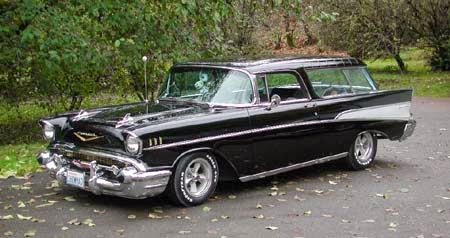 Think about advertising for new cars. Better yet, think about looking at a new car in the showroom. That experience is all about possibilities and dreams. It’s about what that car can do for you, not just where it will take you geographically, but where it will take you emotionally.
Think about advertising for new cars. Better yet, think about looking at a new car in the showroom. That experience is all about possibilities and dreams. It’s about what that car can do for you, not just where it will take you geographically, but where it will take you emotionally.Sunday May 11, 2014
A Handbook for Preppers.....Knowledge for the rest of us
Sunday May 11, 2014
Sunday May 11, 2014
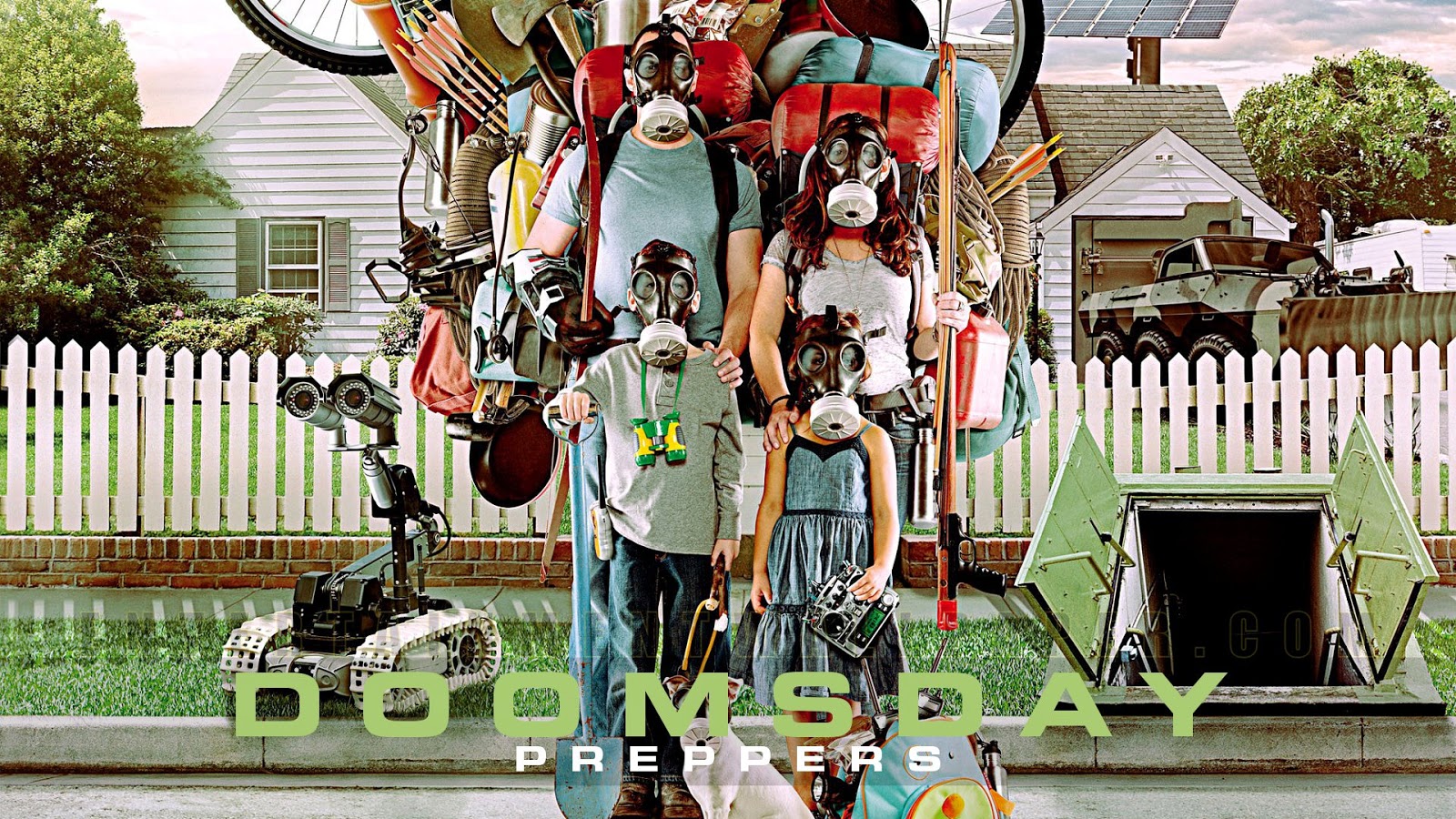 Particularly in the First World, it's amazing how fragile our world is. Remember how upset we get if our cell phones don't work, or our computers get glitchy? So imagine if the electrical grid collapsed, or the fuel or food supply was curtailed, only for a few days, much less, some far more devastating apocalyptic kind of event?
Particularly in the First World, it's amazing how fragile our world is. Remember how upset we get if our cell phones don't work, or our computers get glitchy? So imagine if the electrical grid collapsed, or the fuel or food supply was curtailed, only for a few days, much less, some far more devastating apocalyptic kind of event?Thursday May 08, 2014
The Sixth Extinction
Thursday May 08, 2014
Thursday May 08, 2014
Tuesday May 06, 2014
Japan and the Art of Survival
Tuesday May 06, 2014
Tuesday May 06, 2014
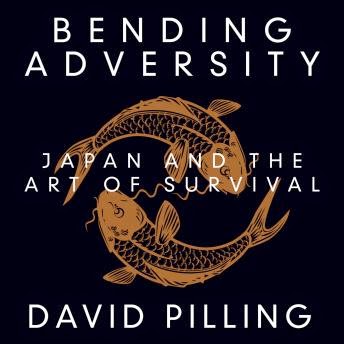 Back in the 1980’s we thought Japan was not only the number one economic power, but we thought it was taking over the world. The Japanese bought iconic properties like Rockefeller Center, and Pebble Beach. We were looking at Japanese schooling and trying to emulate their educational and economic success. Just as we want our kids to learn Mandarin today, back then we wanted them to learn Japanese.
Back in the 1980’s we thought Japan was not only the number one economic power, but we thought it was taking over the world. The Japanese bought iconic properties like Rockefeller Center, and Pebble Beach. We were looking at Japanese schooling and trying to emulate their educational and economic success. Just as we want our kids to learn Mandarin today, back then we wanted them to learn Japanese. Saturday May 03, 2014
An Idea Whose Time Had Come
Saturday May 03, 2014
Saturday May 03, 2014
Friday May 02, 2014
You Are Not Special
Friday May 02, 2014
Friday May 02, 2014
 This is the season in which high school seniors start receiving college admissions, and begin the run up to High School graduation. Given that gallons and gallons of self esteem have been poured into these kids, every one of them thinks that they are special. David McCullough, Jr has a bit of a different idea. Those ideas were a part of a High School commencement speech that he gave back in 2012. The YouTube of that speech has been viewed over two and a half million times.
This is the season in which high school seniors start receiving college admissions, and begin the run up to High School graduation. Given that gallons and gallons of self esteem have been poured into these kids, every one of them thinks that they are special. David McCullough, Jr has a bit of a different idea. Those ideas were a part of a High School commencement speech that he gave back in 2012. The YouTube of that speech has been viewed over two and a half million times. Thursday May 01, 2014
Pencils of Promise
Thursday May 01, 2014
Thursday May 01, 2014
 When we hear the word, or hear about “non-profits,” we often think about organizations that seem like they are fighting the oncoming wave in order to try and do good. Often with noble purpose, sometimes the mission seems too big, the emotional pull too intense, or success too fleeting.
When we hear the word, or hear about “non-profits,” we often think about organizations that seem like they are fighting the oncoming wave in order to try and do good. Often with noble purpose, sometimes the mission seems too big, the emotional pull too intense, or success too fleeting.

